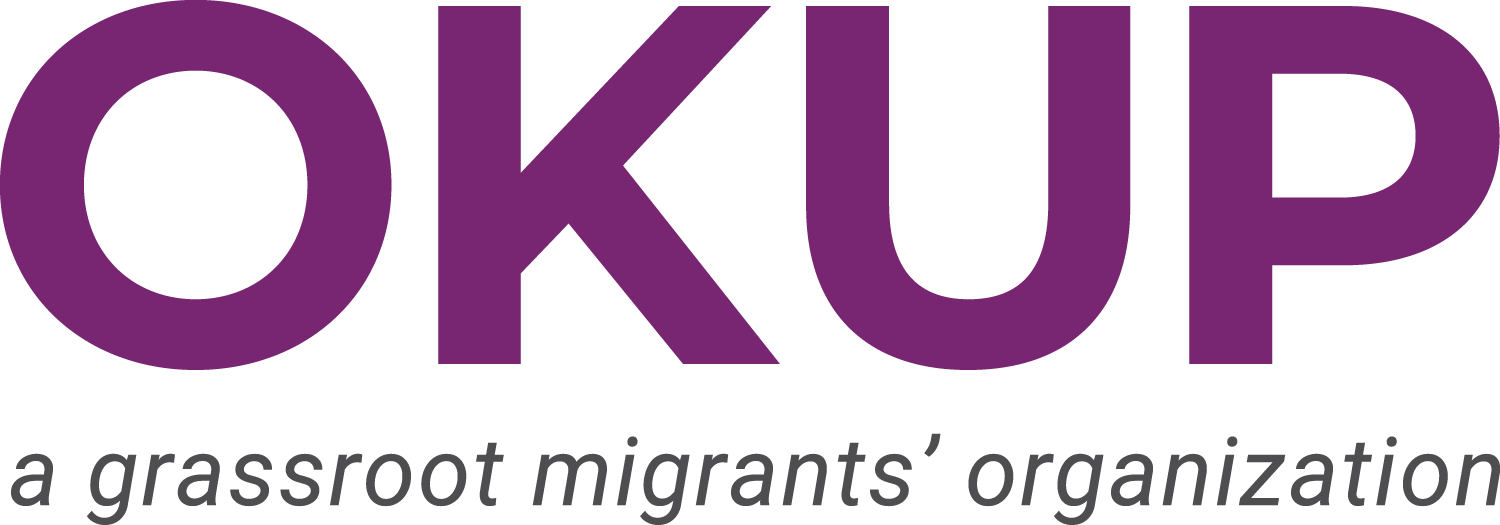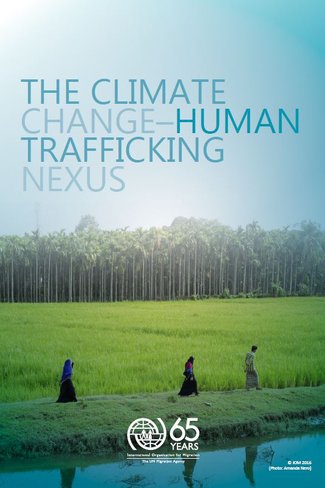The Climate Change-Human Trafficking Nexus
2016
- Author
- International Organization for Migration (IOM)
- World region
- No data available
- Origin of migration
- Asia-Pacific
- Area of transit
- No data available
- Destination of migration
- From rural to urban centres; Gulf Cooperation Council countries, Middle East, Europe
- Who is affected
- Children, Men, Women
- Type of climatic event
-
Rapid-onset event, Slow-onset event
Cyclones and floods, droughts and sea-level rise.
- Type of migration/mobility
-
Cross-border, Internal, Rural to urban
- Destination industry or sector
-
Brick kilns, Commercial sexual exploitation, Construction, Domestic work, Fishing, Logging, Manufacturing, Palm oil
*(Commerical sexual exploitation - sex work)
- Type of modern slavery
-
Domestic servitude, Forced commercial sexual exploitation, Forced labour, Forced marriage, Human trafficking
The effects of climate change and the resulting vulnerability exacerbate existing patterns of migration and modern slavery in the region.
- Link between climate change, migration and modern slavery
- Direct
- Key vulnerability factors
-
Factors that increase the risk of human trafficking are amplified by the effects of climate change. Sudden-onset events and the resulting displacement increase vulnerability to forms of modern slavery. Human traffickers target people at origin and at destination, such as in urban slums. Migrants' lack of resources and low bargaining power increases their vulnerability to modern slavery. In the context of slow-onset events, falling incomes and growing debt increase vulnerability to modern slavery. The effects of climate change can also fuel conflict and instability, further hindering people's ability to survive and increasing their vulnerability to modern slavery.
- Summary
-
This document collects evidence on the link between climate change, migration and human trafficking. It notes that increased vulnerability to human trafficking as a result of distress migration in the context of climate change is still not sufficiently acknowledged. This situation contributes to communities remaining vulnerable. Desperation pushes some families and individuals to facilitate human traffickers' work to earn an income. Extractive businesses also play a role in worsening vulnerability to modern slavery. Evidence on the exposure of men and boys to human trafficking is lacking compared to that on women, and more research is needed on this overarching topic.
- Recommendations
-
Communities affected by climate change should be assisted to move, to protect individuals' safety, dignity and freedom from modern slavery. Responses to human trafficking should address climate change impacts that increase vulnerability to modern slavery. The source recommends specific interventions for before, during and after extreme climate change events.



